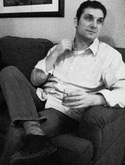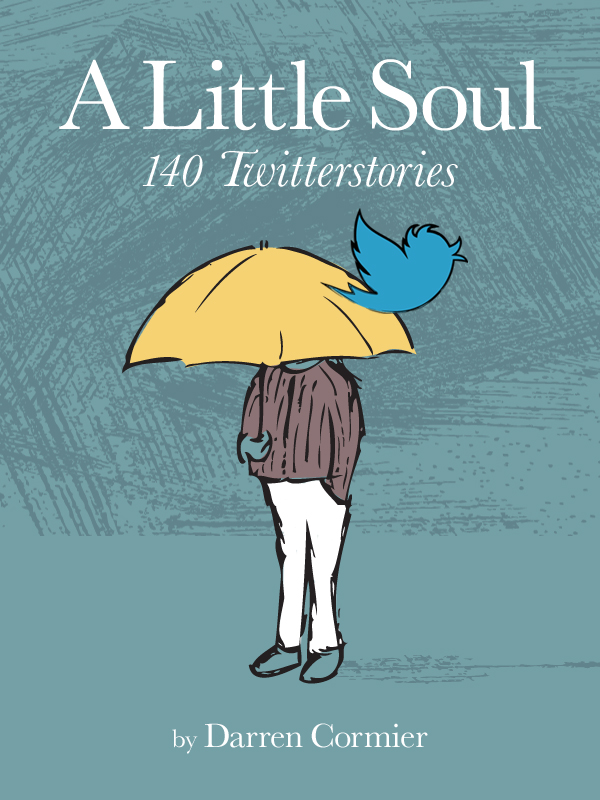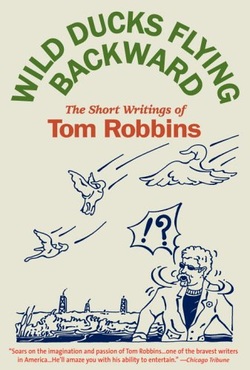
The trouble with Tom Robbins (and no one ever refers to him by his surname alone) is that he is a linguistic pyrotechnician. He dances around a dictionary like Baryshnikov, does somersaults off a thesaurus, tumbles and twirls and flips and flounces in air heavy with the long pauses of people stammering for the right word; he plucks those words off the tips of their tongues and crumbles them in his hands before throwing nothing in the air like a word-crazed magician. His writing is the equivalent of one of the longest innovative fireworks displays. But just like those fireworks, impressive as they are, after the explosions and diaphanous colors igniting the night sky, what are we left with? A loud ringing in our ears and a lot of detritus and exploded paper on the ground that someone has to clean up. There's no substance, or some substance and metaphor and symbolism buried under a slowly dissipating smoke. We feel great while it's happening, but it doesn't usually last.
This collection is even more of a fireworks display than any of his novels. With the novels we are given a continuous story, a plot, a grounding so that when Tom goes off on one of his peyote-induced tangents, we know where we can always return. In this collection of short writings, there is no grounding, only Tom Robbins in all his excess and grandiosity.
It's fun, it's funny, it's intoxicating. But only in doses. Reading Tom Robbins is that moment you have when watching a Jack Black film and you begin to think how much fun it would be to hang out with him in real life; you begin to imagine that night, and you realize that no no no no no that would not be a good idea, and you are so happy there's a cathode-ray barrier between you and the frenetically self-absorbed comedian. Being forced to be feet, inches away from that hyperkinetic of a cosmic force would make you either flee in terror or punch Black in the face. Which is exactly how I feel about Tom Robbins. I love his work, his incontrovertible embrace of the absurd, his ability to weave such incongruous topics and references such as Dostoevesky, Camel cigarettes, obscenely large thumbs, and a canoe ride in Tanzania into one connecting quilt; I also sometimes want to kick him in the crotch.
Writers and readers wax poetic and obsessively about the love/hate relationship with David Foster Wallace, and it's a well-deserved ambivalence the unfortunately late writer has engendered. But Robbins should be mentioned just as often in the same context, and for the same reasons.

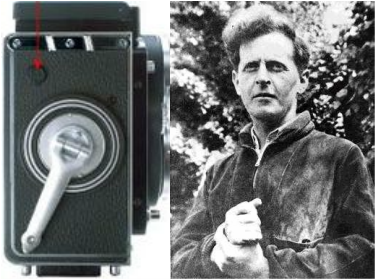
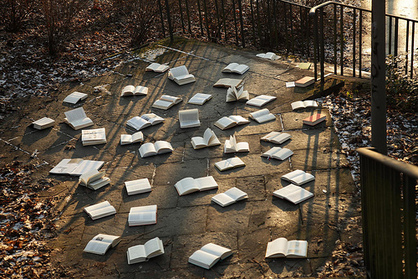
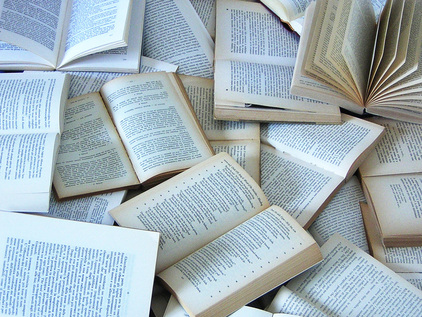
 RSS Feed
RSS Feed